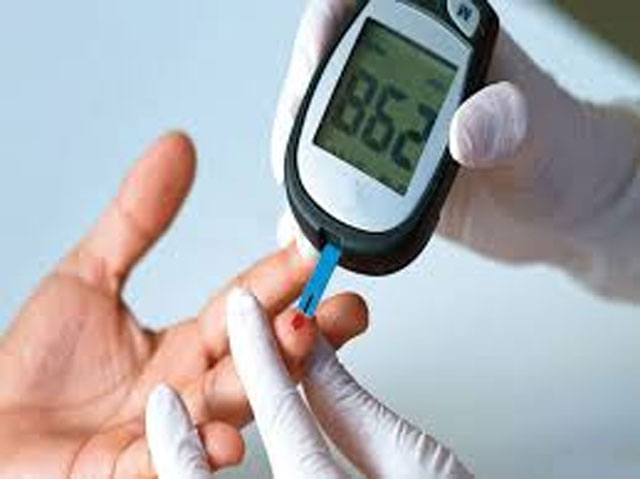Daijiworld Media Network- Washington
Washington, Aug 3: In a stunning twist of medical research, scientists at the Mayo Clinic have stumbled upon a potential game-changer for Type 1 diabetes—while originally studying how cancer cells escape immune detection. The discovery involves a unique “sugar-coating” mechanism that has shown 90 per cent success in preventing immune system attacks on insulin-producing cells.
The study, led by renowned immunologist Dr. Virginia Shapiro, emerged during an exploration into how tumors use a sugar molecule, sialic acid, to shield themselves from the body’s immune system. This led the team to wonder—could the same tactic protect the pancreas’ beta cells, which are targeted and destroyed in Type 1 diabetes?

The researchers engineered these beta cells to express an enzyme called ST8Sia6, which increases sialic acid on their surfaces. The result: a protective sugar layer that rendered the cells "invisible" to autoimmune assault. According to findings published in the Journal of Clinical Investigation, the approach achieved an astounding 90 per cent effectiveness in animal models that replicate the human condition of Type 1 diabetes.
What makes this even more promising is that the sugar-coating method did not weaken the immune system overall. “We found that the enzyme specifically generated tolerance against autoimmune rejection of the beta cell,” said Justin Choe, a lead author and M.D.-Ph.D. student at the Mayo Clinic.
This discovery marks a possible turning point in diabetes care. Currently, individuals with Type 1 diabetes must rely on lifelong insulin injections or undergo high-risk pancreas cell transplants that require immune suppression. The new method raises hope for a future where beta cell transplants could succeed without compromising the body’s immune defences.
While this promising approach remains in early development stages, Dr. Shapiro expressed cautious optimism. “This could lead to significant improvements in patient care and offer a more targeted, durable treatment path for Type 1 diabetes,” she noted.
Type 1 diabetes, which affects around 1.3 million people in the United States alone, is an autoimmune condition where the body's immune system mistakenly attacks and destroys insulin-producing beta cells in the pancreas. Once these cells are gone, the body loses the ability to produce insulin, leading to a lifetime of glucose monitoring and treatment dependency.
As researchers continue to explore the broader applications of this sugar-coating strategy, the breakthrough has ignited hope in the medical community for a future where Type 1 diabetes could be better controlled—or even prevented.